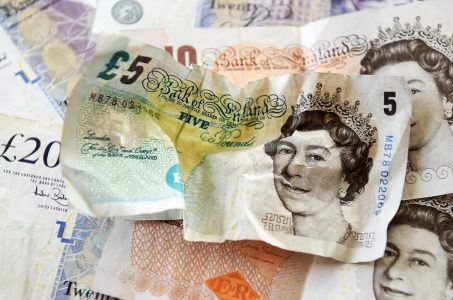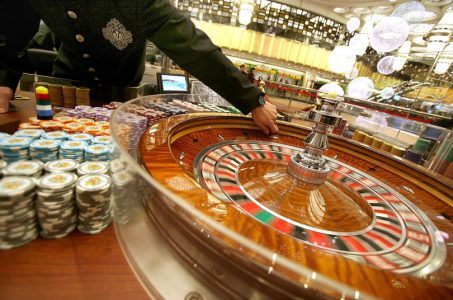Germany’s New Regulated Market for Online Casino, Poker Launches
Posted on: July 3, 2021, 07:38h.
Last updated on: July 3, 2021, 07:08h.
Germany’s Interstate Treaty on Gambling (ISTG 21) came into force Thursday, ushering in a new era of legally regulated online casino and poker gaming.

Previously, Germany had been a gray market for operators, albeit a large and extremely lucrative one.
While it was illegal for companies based in Germany to offer online gambling, those located outside of the country were able to do so with impunity. There was no law restricting German citizens from accessing and using ‘offshore’ sites.
Meanwhile, the protectionist state-owned gambling monopoly offered limited sports betting. Way back in 2010, the monopoly was found to be incompatible with EU law, which required the country’s 16 federal states, or Länder, to come up with a workable, unified set of new laws.
Scramble to Comply
Somewhat unexpectedly, they found consensus early last year. In September, a transitional “toleration period” was formally announced, during which operators could offer gaming to the German market without a license. That’s if they adopted the new regulatory measures.
Operators had one month to become compliant with a set of rules that included strict consumer protections, or face being cold-shouldered by the new regime.
The rules include a ‘panic button’ that allows players to block themselves from playing for 24 hours, and a five-second interval between reel spins on slots. Meanwhile, a maximum stake of €1 ($1.19) on slots will undoubtedly have a financial impact on operators.
While many have praised these player protections, others have suggested that they will provide an “incomplete” gambling experience, which could drive consumers to what is now a black market.
Tax Worries
Also controversial is the decision to impose a 5.3 percent tax on player stakes for online casino and poker games, which has been called excessive. It also represents a huge headache for operators of online poker cash games, who must pay 5.3 percent of each player’s stack to the government every time they sit down at a table.
This has led many major operators, including PokerStars, Party Poker, and Unibet, to cut back on the games they offer to avoid liabilities. One, Betsson, has decided to quit the market entirely.
The regulations have also established a new gaming regulator, the Glücksspielneuregulierungstaatsverag (GlüNeuRStV), which is comfortably the world’s longest-named gambling regulator. It beats the previous title holder, Holland’s Kansspelautoriteit, by an extraordinary 18 letters.
The GlüNeuRStV, which even has a long abbreviation, will shortly begin handing out the first German online gaming licenses.
Related News Articles
UKGC Orders British Online Gambling Sites to Remove Withdrawal Restrictions
BetMGM Gets an ‘F’ From Better Business Bureau
Most Popular
Las Vegas Overstated F1 Race’s Vegas Impact — Report
LOST VEGAS: ‘Tony The Ant’ Spilotro’s Circus Circus Gift Shop
Mega Millions Reportedly Mulling Substantial Ticket Price Increase
Las Vegas Strip Stabbing Near The Strat Leaves One Man Dead
Most Commented
-
End of the Line for Las Vegas Monorail
— April 5, 2024 — 90 Comments -
Mega Millions Reportedly Mulling Substantial Ticket Price Increase
— April 16, 2024 — 6 Comments -
Long Island Casino Opponents Love New York Licensing Delays
— March 27, 2024 — 5 Comments
















Last Comment ( 1 )
Im a new member in the Gaming industry based in India